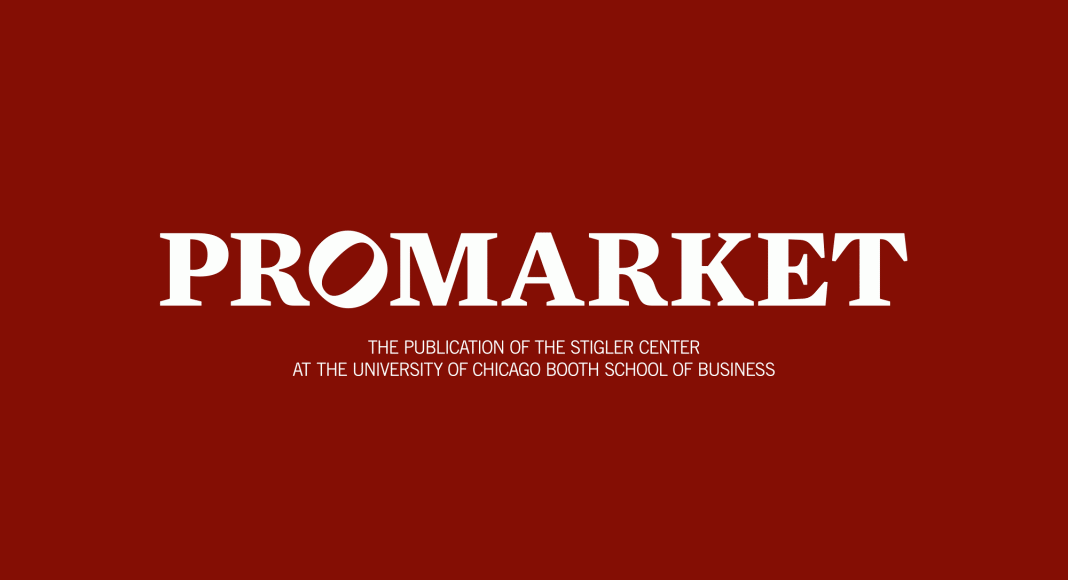There is an issue that– while extremely important today–receives little attention not only in the traditional media but also in the blogosphere, and academia: the subversion of competition by special interests. Following Adam Smith, the vast majority of economists believe that competition is the essential ingredient that makes a market economy work. Yet, what ensures that markets are indeed competitive? While a competitive market system ends up benefiting everyone, nobody benefits enough to spend resources to lobby for it. Business has very powerful lobbies; competitive markets do not. The diffuse constituency which is in favor of competitive markets has few incentives to mobilize in its defense.
This is where the media can play a crucial role. By gathering information on the nature and cost of this subversion of competition, by distributing this information among the public at large, and by making this information salient, media outlets can reduce the power of vested interests. By exposing the distortions created by special interests, they can create the political demand for a competitive capitalism.
This is the goal of our ProMarket blog: to educate the public about the many ways competition can be subverted. In this exercise our only goal is to make the market system work better. In the finest University of Chicago tradition, we will do it with data. We will try to do it with the rigor of the best academic work, but without the pedantry that often accompanies it. This blog will collect opinions, summarize work, and report on relevant research by Chicago faculty and Stigler fellows. We will use every medium at our disposal, because the message is our medium.
It is only fitting that this blog is sponsored by the Stigler Center at the University of Chicago Booth School of Business. The literature on the subversion of competition by special interests was started 45 years ago by George Stigler himself. We hope to live up to his legacy.
The Stigler Center will also produce (and the blog will report) several indexes that summarize the impact of concentration and the distortions in competition, both in business sector and in the political arena. Given the electoral season, our first index will analyze the concentration of donations to presidential candidates: a Campaign Financing Capture Index. The index is explained in all the details here. In the best economic tradition, we think that words are cheap: we let money speak. Large political donations to a specific candidate are rarely made to promote the public good. If that was the donors’ only purpose, they will be happy to remain anonymous. But this is hardly the case.
But … ce n’est qu’un début. Enjoy and sign up in the Sidebar for live updates!






